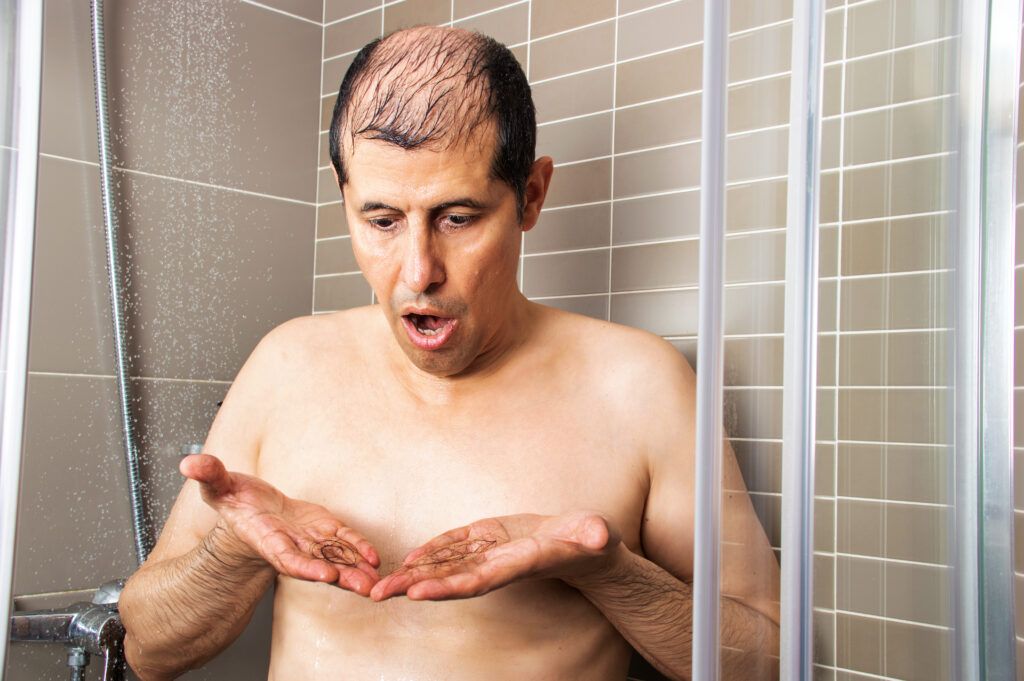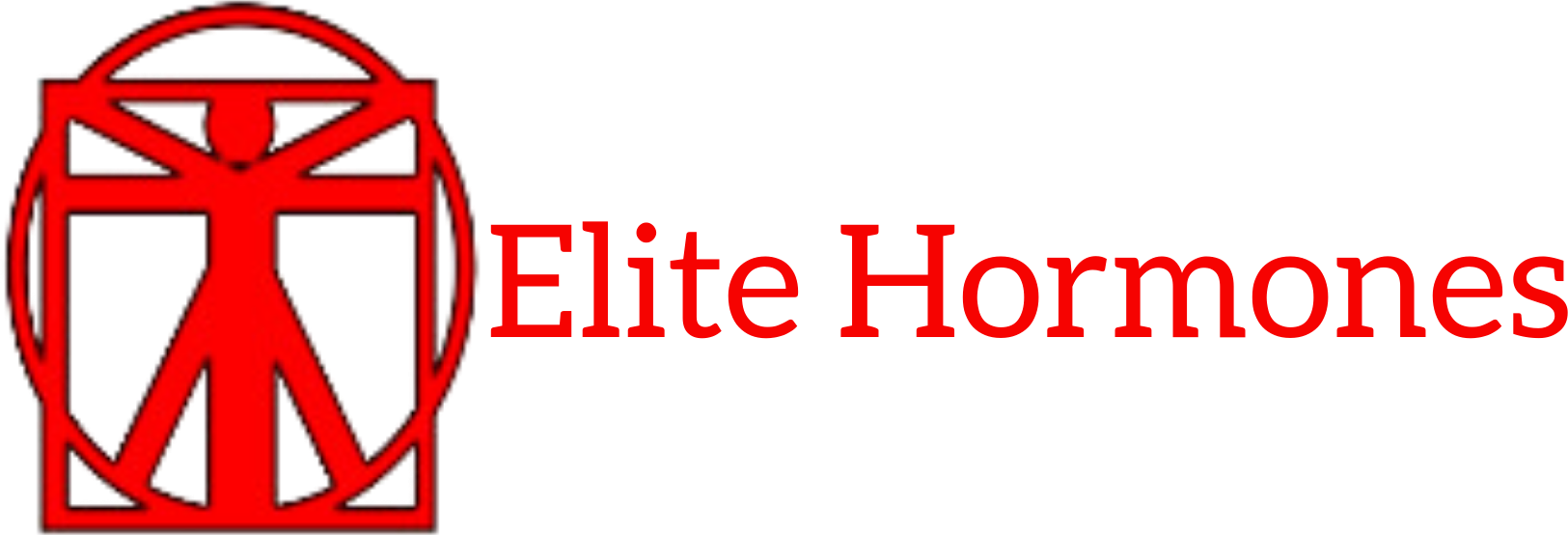Hair loss, or androgenic alopecia, is a common concern among men. One of the factors often cited as contributing to male pattern baldness is testosterone, a hormone typically associated with male characteristics like muscle mass, body hair, and deepening of the voice. This has led to a long-held belief that testosterone replacement therapy (TRT) can cause or worsen hair loss. However, this idea is actually a myth.

Hair Loss Myths with Testosterone Replacement
The first thing to understand is that androgenic alopecia is primarily caused by genetics and the sensitivity of hair follicles to dihydrotestosterone (DHT), a derivative of testosterone. DHT causes hair follicles to shrink, leading to thinner and shorter hair until eventually, the follicles stop producing hair altogether.
While testosterone is necessary for the production of DHT, TRT does not necessarily lead to an increase in DHT levels. In fact, studies have shown that TRT can actually decrease DHT levels in some men. One study found that TRT did not worsen hair loss and may even improve it in some cases by reducing DHT levels.
Another myth surrounding TRT and hair loss is that it can cause hair to fall out quickly. In reality, hair loss occurs gradually over time, and it is unlikely that TRT would cause a sudden and noticeable change in hair thickness or density.
It’s also important to note that hair loss is a potential side effect of many medications, including some used in TRT. However, this is generally a rare occurrence and is usually temporary, resolving once the medication is discontinued.
In conclusion, the idea that TRT causes or worsens hair loss is a myth. Androgenic alopecia is primarily caused by genetics and sensitivity to DHT, and while testosterone is necessary for the production of DHT, TRT does not necessarily lead to an increase in DHT levels. In fact, TRT may even improve hair loss by reducing DHT levels in some men. As with any medication, hair loss is a potential side effect, but it is generally a rare occurrence.
References:
Yildirim, R., Akkoc, A., Aydin, M., Sahin, H., Kocaaslan, R., & Batioglu, S. (2017). The effects of testosterone replacement therapy on hair loss in men with testosterone deficiency syndrome. Aging Male, 20(3), 165-169.
Drake, L. A., & Dinehart, S. M. (1999). Hair loss: a review of terms, classification, and treatments. Dermatologic Clinics, 17(2), 227-236.
Traish, A. M., & Guay, A. T. (2006). Are androgens critical for penile erections in humans?. Examining the clinical and preclinical evidence. Journal of Sexual Medicine, 3(3), 382-404.
Traish, A. M., Saad, F., & Guay, A. T. (2009). The dark side of testosterone deficiency: II. Type 2 diabetes and insulin resistance. Journal of Andrology, 30(1), 23-32.
